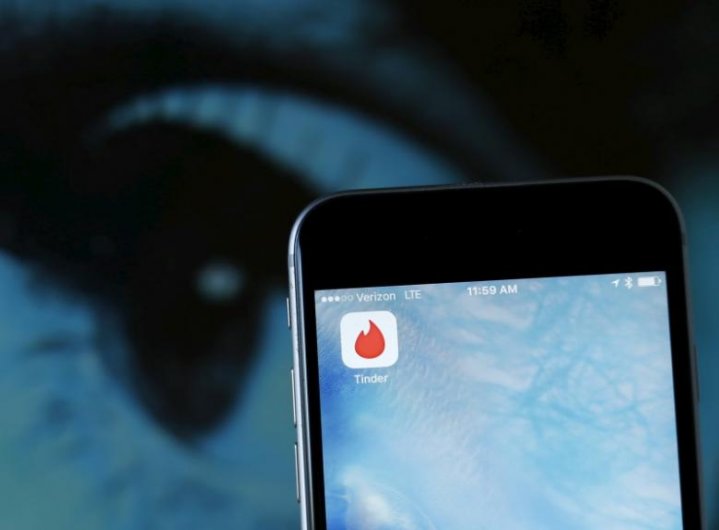
Online datings apps have become very popular in the last few years. There's Tinder, OkCupid, Grindr, WeChat, Hppn and countless others. Just like any other dating portals, these apps use personal information to get cruising individuals to potential hookups.
Security experts believe in the premise of imminent risks exist whenever there are personal details involved. With regards to online dating apps, there are greater risks for users due to its intimate nature.
Kaspersky Lab on Tuesday, October 24 released its report on the real state of online dating apps culled from its investigation involving nine of the most popular dating apps like Tinder, Bumble, OkCupid, Badoo, Mamba, Zook, Happn, WeChat and Paktor. If you are on these dating apps, here are your fair share of security threats based on the company's findings:
Real identity
Four of the nine apps are said to allow potential criminals to find out who's behind an account based on the place of work and study provided even without a real name. These are Tinder, Bumble, Hppn and Paktor. Criminals can turn to social media, most especially Facebook, to know who they are since these apps use data exchange.
Exact location
Six of nine apps can spill your current address, including Tinder, Mamba, WeChat, Paktor, Zook and Happn. Three remaining apps are strict when it comes to locking down exact locations. With the GPS activated, criminals can have the ability to estimate the subject's location from them. Hppn has the most dangerous tracking system because it records how many times your paths have intersected.
Data transfer
Datings apps, like any other apps, usually port data to the developer's servers over an SSL-encrypted pathway. But it seems like some apps don't do that. For instance, Mamba does not use data encryption, allowing criminals not only to view messages, but also modify them. The same goes for Zoosk, Tinder, Paktor, Bumble for Android and Badoo for iOS.
How to protect yourself
Based on this report from Kaspersky Lab, it's easy to conclude that cybercriminals have lots of gateway to victims as security loopholes abound in online dating apps. The security company has informed the developers of the subject apps and most of them responded to take action on the matter at hand. However, Kaspersky notes that it's not a guaranty that these developers would follow necessary measures to avoid unfortunate events to take place down the road.
The least people in the online dating community can do is to use a VPN, and share "information with strangers only on a need-to-know basis". The company stresses to avoid adding social media accounts to one's public profile in dating apps as well as the real name, surname, place of work, and email addresses. It suggests not to use dating apps on unprotected Wi-Fi networks.









